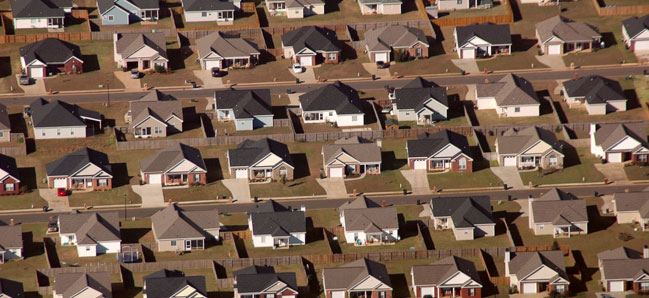
Social change is oftentimes an uphill battle and it is always energizing and exciting to celebrate the big successes that will have implications for generations to come. Last week a group of civil society organizations won an important year-long battle against the Ministries of Finance, Interior and Housing to build more sprawling suburbs for the wealthy in the center of the country at the expense of peripheral areas and Israel’s open spaces.
Omer Cohen, coordinator of Housing and Planning in SHATIL and of the Forum for Responsible Planning: “This victory demonstrates that despite the naysayers’ predictions, struggles against big interests and big money can be won; and that civil society in Israel can and does achieve major successes that are crucial for moving toward social and environmental justice.”
Israel is one of the most densely populated countries in the world and without rules stipulating where building can occur, it can easily turn into one big suburb. Israel’s 2005 master plan (“Tama 35”) set boundaries on where building can and cannot occur and, in so doing, protected important and beautiful natural areas.
However, many agree that the current government is oftentimes more concerned with providing additional single family dwellings for those who can afford it than with protecting Israel’s beaches, forests, and mountains. Those advocating for the additional housing have spent a year lobbying for changes to the plan that would open up huge swaths of protect land for development.
In addition to harming Israel’s natural treasures, the government’s plan would have equated to further neglect for Israel’s already struggling peripheral communities and city centers while pouring resources into new suburbs.
The SHATIL-led Forum for Responsible Planning, the Society for the Protection of Nature in Israel (SPNI), and the Israel Union for Environmental Defense (IUED) together with the Union of Local Authorities in Israel, the Israeli Forum of Self Governing Cities (“Forum 15”), professional planning organizations, and academics fought tirelessly against the proposed changes.
The groups pointed out that more than a million housing units are already being planned and noted the serious social and environmental implications of the proposed changes.
The Forum recruited mayors from the north and south to appear at the planning meeting which, in the end, was the decisive factor in the National Planning Committee voting 14 to nine against suburban development in green spaces.
